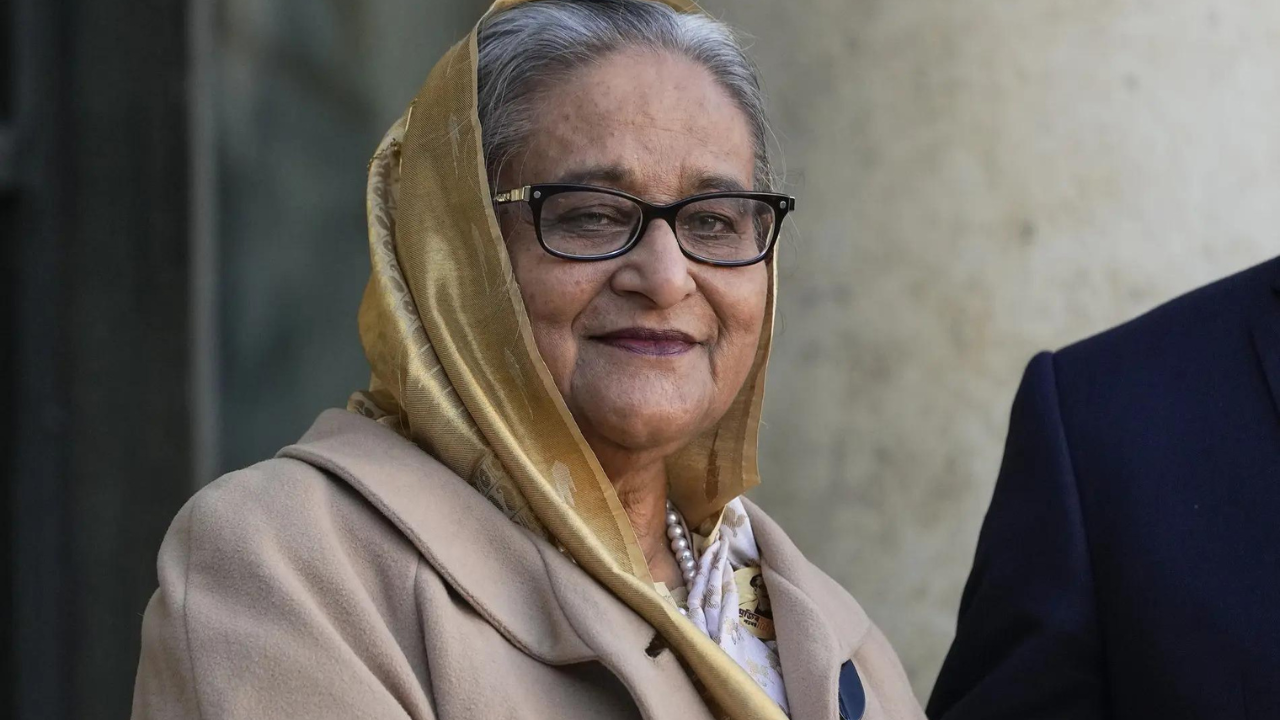Bangladesh: Trial against Hasina part of political conflict, argues her lawyer

Rising pension costs and global debt concerns clash with government efforts to alleviate hardship through food aid and subsidies, highlighting economic strain and social support measures.

All major sources, one page
Feel the mood behind headlines
Know what’s trending, globally
Get summaries. Save time
9,078
168
211
2 hours ago
Stay sharp in 60 seconds. Get concise summaries of today’s biggest stories — markets, tech, sports, and more
All major sources, one page
Feel the mood behind headlines
Know what’s trending, globally
Get summaries. Save time
9,078
168
211
2 hours ago
Stay sharp in 60 seconds. Get concise summaries of today’s biggest stories — markets, tech, sports, and more